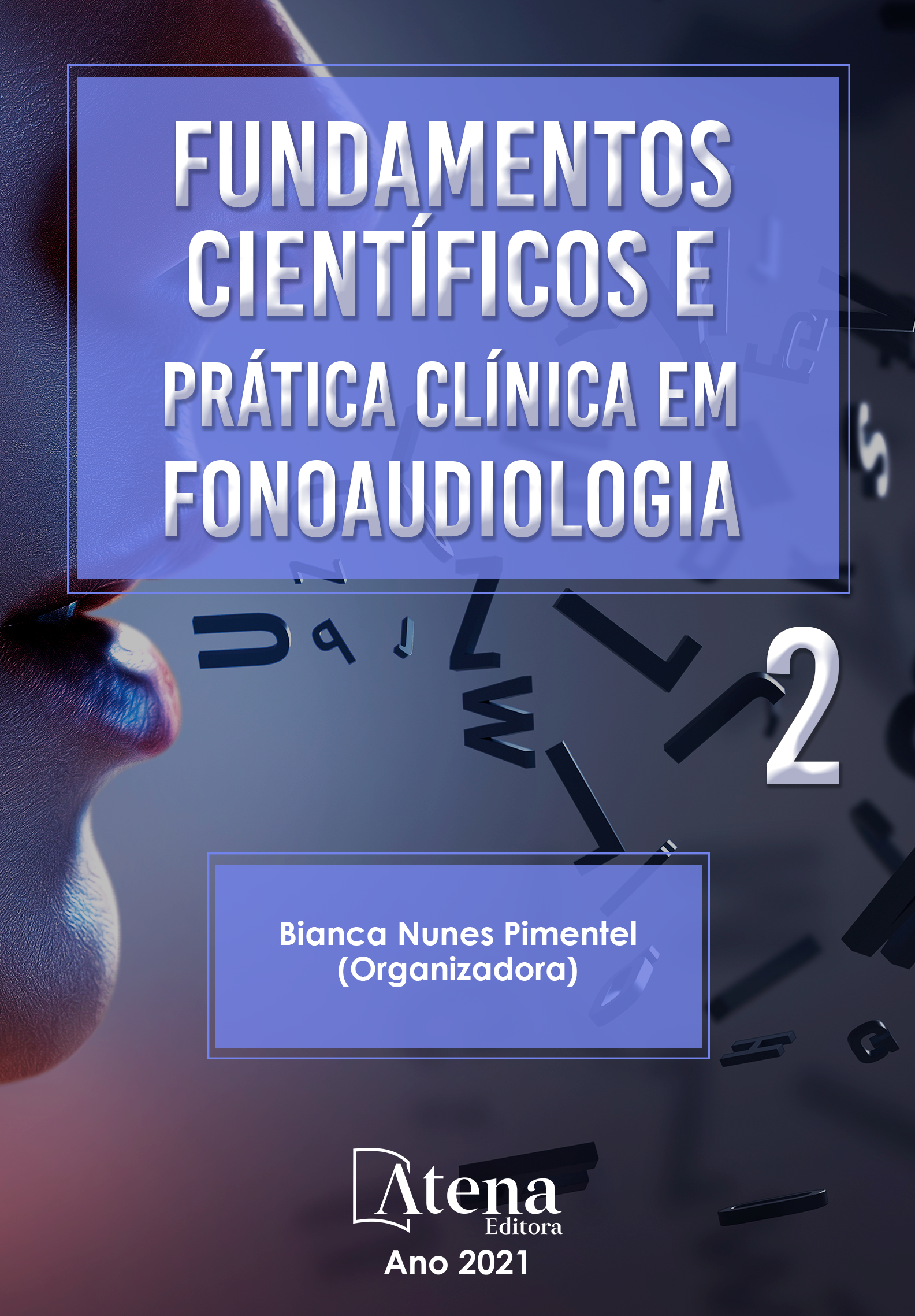
ANÁLISE DO PLANO ESTADUAL DE SAÚDE (2016-2020) E A OFERTA DE SERVIÇOS ESPECIALIZADOS PARA PESSOAS COM DEFICIÊNCIA NO ESTADO DO ESPÍRITO SANTO
“Pessoas com deficiência são aquelas que têm impedimento de longo prazo de natureza física, mental, intelectual ou sensorial” (Brasil, 2012). O direito das pessoas com deficiência é garantido através do Plano Viver Sem Limites que é regido pelo decreto n°7.612/11 que visa ampliar o acesso e qualificar o atendimento às pessoas com deficiência (temporária ou permanente; progressiva, regressiva ou estável; intermitente ou contínua) no Sistema Único de Saúde (SUS), com foco na organização de rede e na atenção integral à saúde. O Plano Estadual de Saúde do estado do Espírito Santo (ES), referente ao quadriênio de 2016 à 2019, constitui-se como instrumento central de planejamento e orientação para implementação das iniciativas de gestão no Sistema Único de Saúde (SUS), a partir da análise situacional o plano reflete as necessidades de saúde da população e a capacidade assistencial para o seu atendimento. De acordo com o Censo de 2010, o estado possui, aproximadamente 800 mil pessoas com deficiência., sendo 18,03% da população geral do estado deficiente visual, 7,13% deficiente físico, 4,81% deficiente auditivo e, por fim, 1,34% deficiente mental/intelectual. A população total estimada para o ES em 2019 é de mais de 4 milhões de habitantes segundo o IBGE. A análise do Plano Estadual de Saúde permitiu entre outras questões a constatação da habilitação de quatro Centros Especializados em Reabilitação, sendo eles três CER II nas regiões Norte, Metropolitana e Sul e um CER III na região Central, além da iniciativa de implantação da Rede de Atenção à Pessoa com Deficiência no Estado. Em um cenário de subfinanciamento que ameaça a sustentabilidade do Sistema Único de Saúde, observa-se uma oferta de serviço aquém da necessidade em saúde na pessoa com deficiência no estado, demonstrando um problema de regulação e gestão.
ANÁLISE DO PLANO ESTADUAL DE SAÚDE (2016-2020) E A OFERTA DE SERVIÇOS ESPECIALIZADOS PARA PESSOAS COM DEFICIÊNCIA NO ESTADO DO ESPÍRITO SANTO
-
DOI: 10.22533/at.ed.86221130516
-
Palavras-chave: Políticas Públicas; Centro de Reabilitação; Pessoas com deficiência.
-
Keywords: Public Policy; Rehabilitation Center; People with disabilities.
-
Abstract:
"People with disabilities are those who have long-term impediments of a physical, mental, intellectual or sensory nature" (Brasil, 2012). The right of people with disabilities is guaranteed through the 'Plan Living Without Limits' that is governed by the decree no. 7,612/11 that aims to expand access and qualify care for people with disabilities (temporary or permanent; progressive, regressive or stable; intermittent or continuous) in the brazilian public Unified Health System (SUS), focusing on network organization and comprehensive health care. The State Health Plan of the State of Espírito Santo (ES), referring to the four-year period from 2016 to 2019, constitutes a central instrument of planning and guidance for the implementation of management initiatives in the SUS, from the analysis situates the plan reflects the health needs of the population and the care capacity for its care. According to the 2010 Census, the state has approximately 800,000 people with disabilities, 18.03% of the general population of the visually impaired, 7.13% physically impaired, 4.81% disabled and hearing impaired, finally, 1.34% mentally/intellectually deficient. The total estimated population for the ES in 2019 is more than 4 million inhabitants according to brazilian institute of geography and statistics (IBGE). The analysis of the State Health Plan allowed, among other issues, the verification of the qualification of four Specialized Rehabilitation Centers, three of them CER II in the North, Metropolitan and South regions and a CER III in the Central region, in addition to the initiative to implement the Network of Care for People with Disabilities in the State. In a scenario of underfunding that threatens the sustainability of the SUS, we observe a service offer below the need for health in people with disabilities in the state, demonstrating a problem of regulation and management.
-
Número de páginas: 13
- Margareth Attianezi
- Layla Stefania dos Santos Machado Pesse


